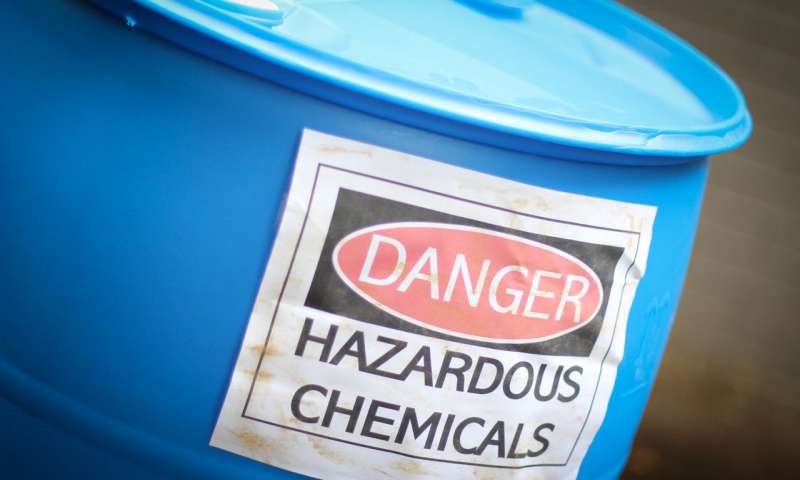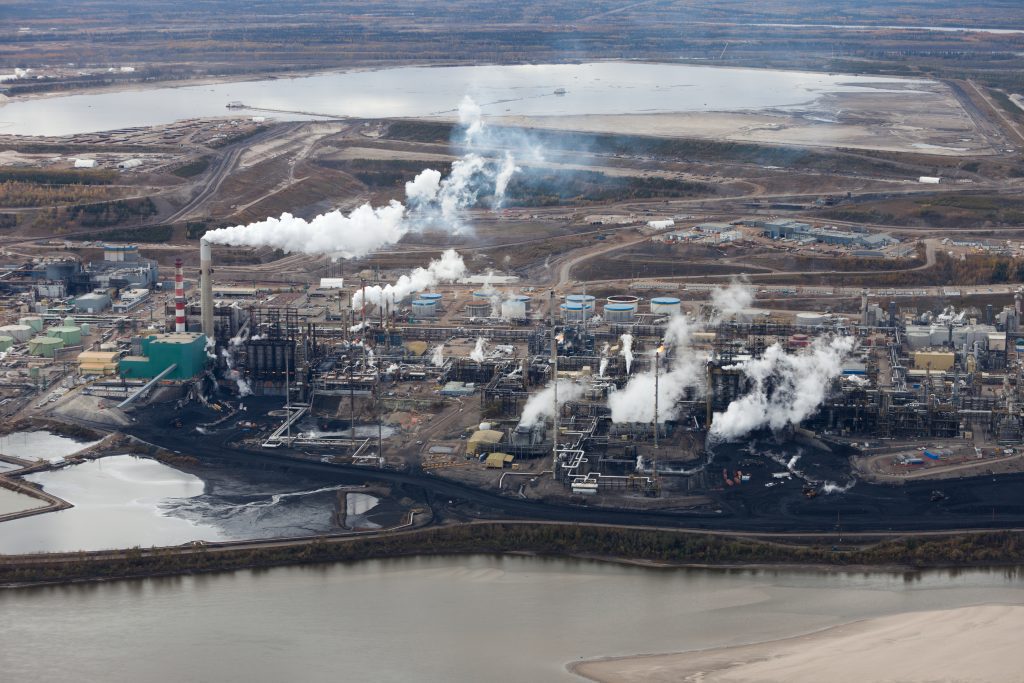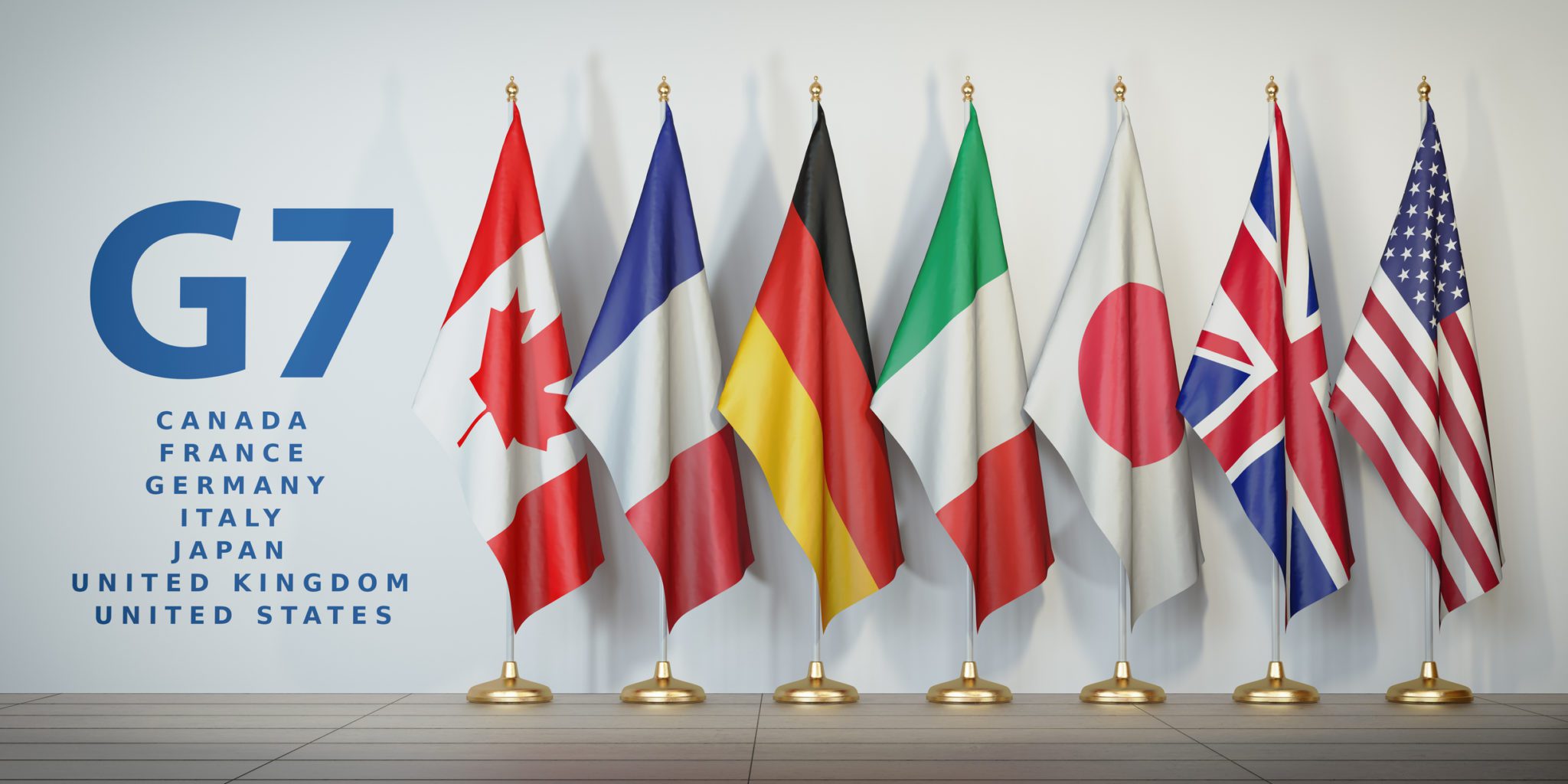Where do the world’s wealthiest nations stand when it comes to the most important environmental issues of our time: climate change, biodiversity loss and pollution? And what does Canada intend to do given our incredibly privileged position and capacity for action?
The joint statement from the recent G7 environment and energy ministers’ conference in Japan suggests there is ambition for action in some areas – on climate-related finance and investments and on eliminating toxic chemicals, for example – but less on eliminating fossil fuel subsidies and very little on eliminating plastic pollution.
Here are key areas where we urge Canada, a G7 member, to be more ambitious to live up to the group’s commitments:
- The G7 explicitly recognizes the need to accelerate the phase-out of “unabated” fossil fuels to achieve net zero energy systems. What about Canada?
Although Canada has supported similar language at COP27, the government has not made this phase-out official policy, and even left part of this commitment out of its own G7 response. Canada continues to focus on reducing domestic burning of fossil fuels, rather than phasing out their production. But the science is clear, existing oil and gas production will blow us past our 1.5 degree temperature limit. Also, Canada’s proposed Clean Electricity Regulations must be strengthened to immediately prohibit the construction of new gas-fired power plants.
Tell Canada to stop Big Oil from polluting our climate!
- The G7 calls for meaningful engagement with and input from workers and communities who stand to be most affected by the economic transition away from fossil fuels.
However, Canada is missing the mark at the Regional Economic and Resource Tables it has set up for this purpose, because so far, labour unions have not been invited to these tables and they represent many of the most impacted workers.The G7 also acknowledges that social protections, for example income supports, will be needed for some workers during the transition. The federal government has refused to engage on the question of specific/ targeted social protection for those workers and communities affected by the transition in its Sustainable Jobs plan.

- The G7 calls for ensuring that private investments and financial flows are consistent with a healthy climate, as committed to in the Paris Agreement. Where does Canada stand?
The federal government needs to set rules to make sure private investments from our banks and pension funds are moved away from polluting investments and into green solutions that cut emissions – but has not yet done so. Canada has not done enough to ensure the country’s banks, pension funds and companies have credible climate transition plans. Incredibly, Canada is considering green guidelines that would even allow oilsands investments.

- The G7 commits to minimizing risks of endocrine-disrupting chemicals and persistent substances such as per- and polyfluoroalkyl substances (PFAS).
Canada’s toxics laws are doing too little to keep these toxics out of our products, to let us know when they’re found in the items we use, or to keep them from contaminating our food, water and air.

Here’s where Canada can rally its G7 allies toward its more ambitious approach:
- The G7 stated the ambition to reduce additional plastic pollution to zero by 2040. This suggests these high-consumption countries are fine with the fact that, right now, one dump truck worth of plastic leaks into the world’s oceans every minute.
However, Canada has committed to eliminating plastic pollution at home by 2030 and is part of a “high-ambition” coalition of countries working to negotiate a legally-binding global treaty to end plastic pollution worldwide by 2040. A high ambition Treaty is one that addresses pollution from every step of the production and waste cycle of plastic. Canada must stick with high ambition on the global treaty and prod its allies into line to end plastic pollution.

- The G7 has called for a phase out of fossil fuel subsidies by 2025, in line with the Paris Agreement goal of limiting planetary warming to 1.5 degrees.
Canada has taken a leadership role by promising to accelerate the elimination of subsidies for fossil fuels by this year, 2023. It must stick with this ambitious plan and urge its G7 allies to cut off funding for oil, gas and coal immediately.

G7 countries, including Canada, carry weight in the world and the environment, not least because their populations produce and consume such a significant portion of the world’s energy and goods. These countries – we’re looking at you, Canada! – need to do more than they are doing, at home and in their international commitments, to address the triple threats of climate change, biodiversity loss and pollution.









